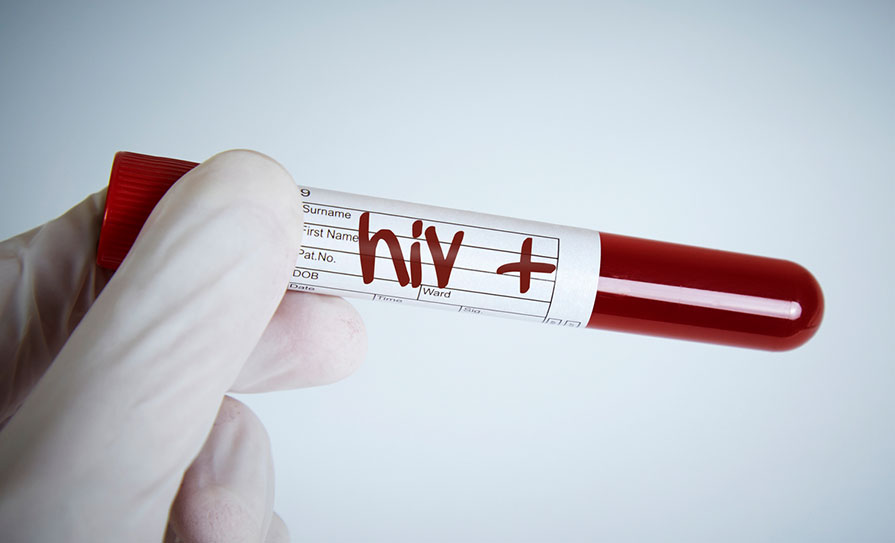On World AIDS Day in December 2022, the International Pharmaceutical Federation (FIP) published a new handbook for pharmacists on the prevention, screening and management of HIV.
“While immense progress has been made in terms of prevention, testing, treatment and quality of life for people living with HIV, the virus remains both a major global health threat and burden for individuals, health systems and societies. Concerted efforts by all stakeholders and healthcare providers are essential to control this epidemic, but pharmacists certainly have an important role to play,” said Mr Gonçalo Sousa Pinto, FIP lead for practice development and transformation, and co-editor of the handbook.
In particular, he added that, as with many prevention strategies, pharmacists are ideally placed to support patients with ways to reduce the risk of transmission, including advising on safer sex practices. In some countries, pharmacists are contributing to improved access to, and supporting the use of pharmacological approaches to prevention, such as pre- or post-exposure prophylaxis, and also to harm reduction strategies for intravenous drug users. They are also contributing to screening and testing, helping to identify cases that need to receive treatment and care.
A section of HIV Prevention, Screening and Management: A Handbook for Pharmacists is dedicated to the public health roles for pharmacists in this disease area. These include campaigning to raise community awareness, tackling stigma, preventing sexual violence (which is often associated with HIV and other sexually-transmitted infections) and supporting its victims, and advocacy work.
“This handbook aims to provide pharmacists and their teams with concise information on the variety of actions they can take to reduce the burden of HIV, offering examples and additional resources. FIP hopes that colleagues around the world will find it a valuable and easily accessible resource,” Mr Sousa Pinto said. The handbook was developed in collaboration with an international advisory group of experts from Brazil, Canada, Malaysia, South Africa, the USA and the International AIDS Society.







